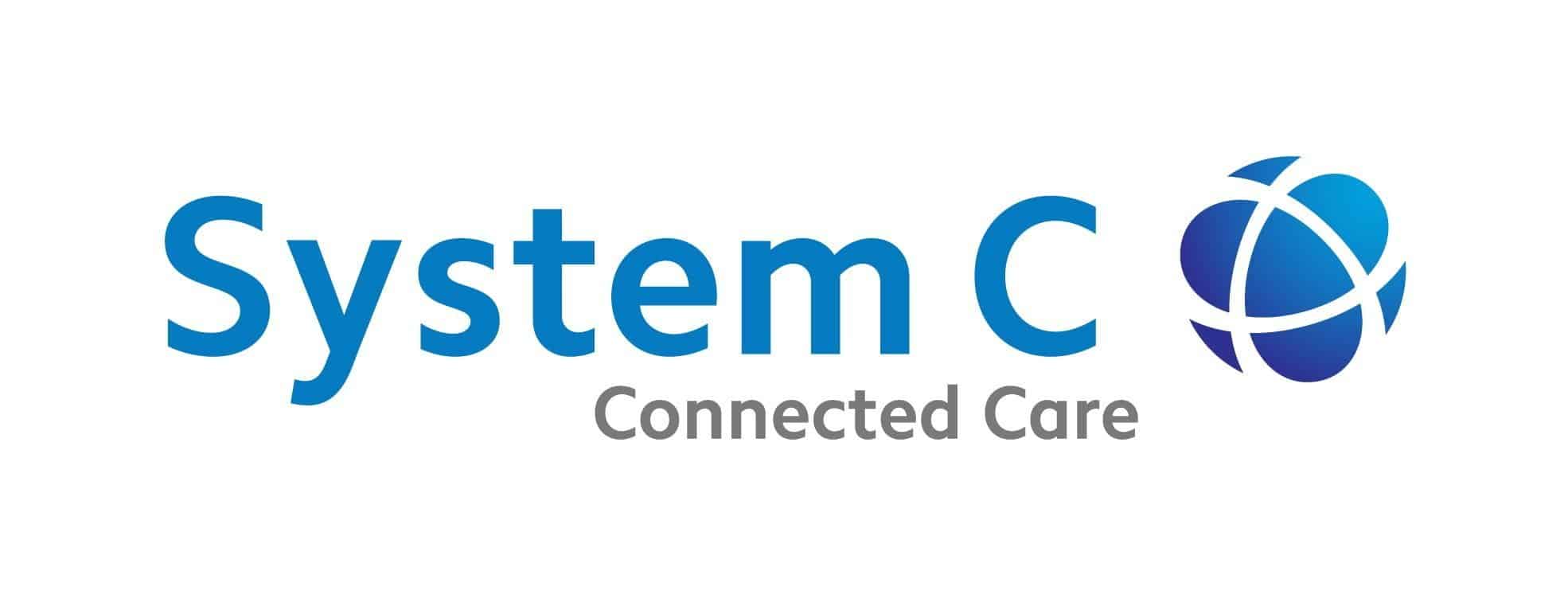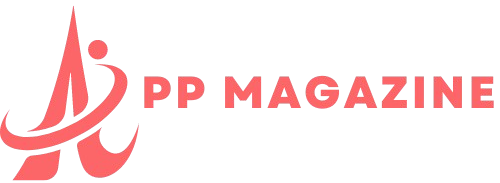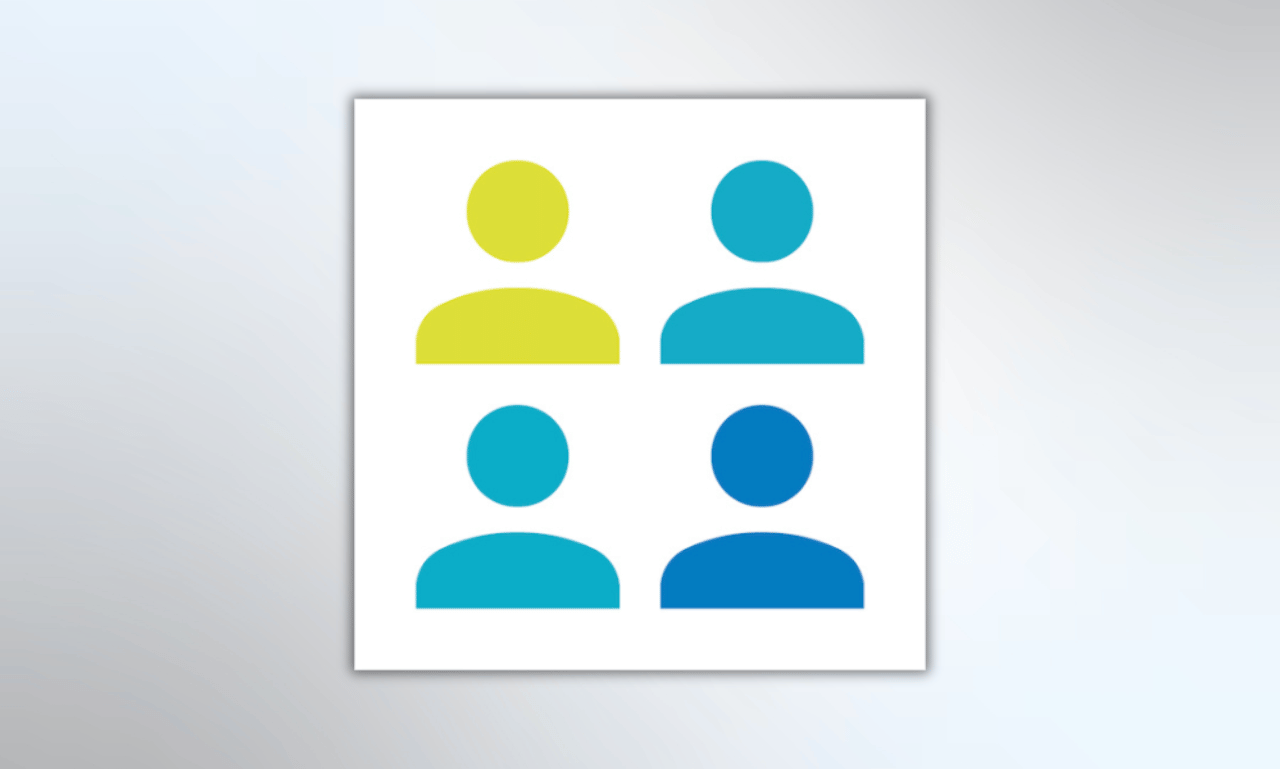Introduction
The healthcare industry is one of the most complex and fast-evolving sectors in the world, with a constant need for seamless communication, efficient workflows, and real-time data sharing. One of the most significant innovations that has emerged to address these challenges is Careflow Connect. This cloud-based communication and collaboration platform is designed to streamline healthcare processes, ensuring that medical professionals can collaborate more effectively, deliver better patient care, and manage their time and resources more efficiently. In this article, we will explore what Careflow Connect is, how it works, its benefits, and its impact on the healthcare sector.
What is Careflow Connect?

Careflow Connect is a comprehensive digital platform that integrates communication, task management, and clinical workflow automation into a single tool. It is built to enable healthcare providers to coordinate care more effectively, especially in settings where multiple professionals are involved, such as hospitals, clinics, and multidisciplinary teams. By connecting the entire healthcare ecosystem, Careflow Connect aims to reduce errors, enhance operational efficiency, and ultimately improve patient outcomes.
At its core, Careflow Connect facilitates seamless communication between doctors, nurses, patients, and administrative staff, allowing for real-time updates, instant messaging, and secure sharing of patient information. The platform is cloud-based, meaning that healthcare professionals can access it from virtually anywhere, provided they have an internet connection. This is especially crucial in today’s healthcare environment, where mobile devices and remote care are becoming more prevalent.
Features of Careflow Connect
Careflow Connect offers a range of features that aim to enhance healthcare workflows, improve patient care, and foster collaboration among healthcare teams. Some of the key features include:
1. Secure Messaging
One of the standout features of Careflow Connect is its secure messaging system. Traditional methods of communication, such as pagers or phone calls, can be slow, insecure, and prone to human error. Careflow Connect enables healthcare professionals to send encrypted, HIPAA-compliant messages to colleagues, ensuring that sensitive patient information is always protected. The system is designed to be intuitive and user-friendly, allowing doctors and nurses to communicate quickly and efficiently without compromising on security.
2. Task and Workflow Management
Careflow Connect also integrates task and workflow management tools, allowing healthcare providers to track the progress of patient care in real-time. Tasks can be assigned to individuals or teams, and progress can be monitored through the platform. This helps to ensure that all necessary actions are taken promptly and that nothing is overlooked. Workflow automation can reduce delays, minimize errors, and optimize resource allocation, leading to more efficient care delivery.
3. Clinical Collaboration
Collaboration is essential in healthcare, where patients often require input from multiple specialists. Careflow Connect allows clinicians from various disciplines to collaborate in real time, share patient data, discuss treatment options, and make joint decisions. By fostering collaborative decision-making, the platform can enhance the quality of care and reduce the likelihood of miscommunication or missed diagnoses.
4. Integration with Electronic Health Records (EHRs)

Careflow Connect integrates with existing EHR systems, making it easier for healthcare providers to access patient information and update records. This integration eliminates the need for multiple logins and provides a single platform for accessing and managing patient data. Healthcare providers can review patient histories, treatment plans, lab results, and other relevant data without having to switch between different systems, improving efficiency and reducing the chance of errors.
5. Remote Monitoring and Telemedicine
In the era of telemedicine, Careflow Connect provides a platform for remote monitoring and consultations. Healthcare providers can monitor patients remotely, communicate through video calls, and access vital health data through connected devices. This feature is particularly beneficial for managing chronic conditions or providing care to patients in remote or underserved areas.
6. Alerts and Notifications
The platform includes real-time alerts and notifications to keep healthcare providers informed of critical changes in patient conditions, urgent tasks, or important updates. By ensuring that medical professionals are always aware of what is happening in their patients’ care, Careflow Connect helps to reduce delays in response times and improves patient safety.
Benefits of Careflow Connect
The adoption of Careflow Connect offers numerous benefits to healthcare providers, patients, and the broader healthcare system. Some of the key advantages include:
1. Improved Communication
Effective communication is essential for delivering high-quality patient care. Careflow Connect centralizes communication by enabling instant, secure messaging between healthcare providers. The platform’s ease of use and real-time messaging capabilities help reduce communication delays, prevent miscommunications, and ensure that all members of the care team are on the same page. Improved communication leads to more accurate diagnoses, better patient management, and enhanced care coordination.
2. Enhanced Efficiency and Productivity
Careflow Connect streamlines workflows by automating routine tasks and reducing manual processes. This can free up valuable time for healthcare professionals to focus on direct patient care. By eliminating redundant steps and reducing administrative burden, Careflow Connect helps healthcare organizations operate more efficiently, leading to faster care delivery and improved overall productivity.
3. Better Patient Outcomes

With improved communication and workflow management, healthcare providers can deliver more timely and coordinated care. The platform’s secure messaging, real-time updates, and task management tools ensure that healthcare professionals can address patient needs more quickly and effectively. This ultimately leads to better patient outcomes, as timely interventions, accurate diagnoses, and efficient care are all critical to recovery and well-being.
4. Reduced Risk of Errors
The integration of Careflow Connect with EHR systems and its emphasis on real-time communication help reduce the likelihood of errors. Healthcare providers can access up-to-date patient information and share critical data instantly, reducing the risk of miscommunication, missed instructions, or incorrect treatments. This also helps in ensuring that patients receive the right medications, dosages, and treatments at the right times.
5. Cost Savings
By optimizing workflows and improving efficiency, Careflow Connect can help healthcare organizations reduce operational costs. Fewer errors, faster patient care, and reduced administrative workload translate into lower costs for healthcare providers. In addition, the platform’s ability to improve patient outcomes can lead to a reduction in readmissions and complications, ultimately saving costs associated with prolonged hospital stays and emergency interventions.
6. Scalability and Flexibility
Careflow Connect’s cloud-based infrastructure makes it highly scalable and flexible. Healthcare organizations can easily expand the platform to accommodate growing teams, departments, or locations. The platform can be customized to meet the specific needs of different healthcare settings, whether it’s a small clinic, a large hospital, or a network of care facilities.
The Future of Careflow Connect and Healthcare Communication
The future of Careflow Connect looks promising as healthcare continues to evolve. With the increasing adoption of telemedicine, remote monitoring, and artificial intelligence, platforms like Careflow Connect are poised to play an even larger role in shaping the future of healthcare. Innovations such as predictive analytics, AI-driven decision-making, and enhanced patient engagement features will further improve the platform’s capabilities and impact.
As healthcare becomes more patient-centered and data-driven, platforms like Careflow Connect will be essential for ensuring that healthcare teams can communicate efficiently, collaborate effectively, and deliver high-quality care at scale.
Conclusion
Careflow Connect represents a major step forward in the digital transformation of healthcare. By improving communication, streamlining workflows, and integrating clinical data, the platform enhances the ability of healthcare providers to collaborate, make informed decisions, and deliver better patient care. As healthcare continues to evolve, innovations like Careflow Connect will be critical in addressing the challenges of modern healthcare systems, improving patient outcomes, and ensuring that the healthcare industry can meet the growing demands of patients and providers alike.



